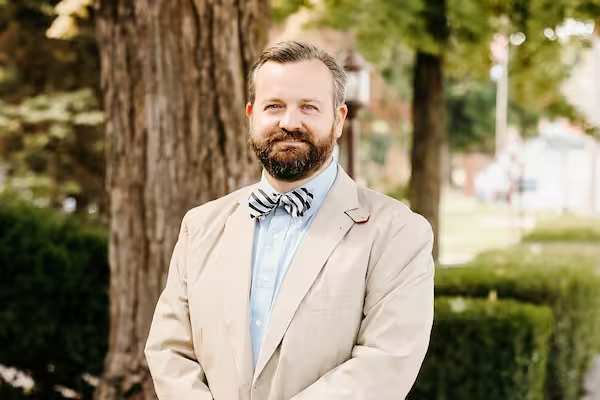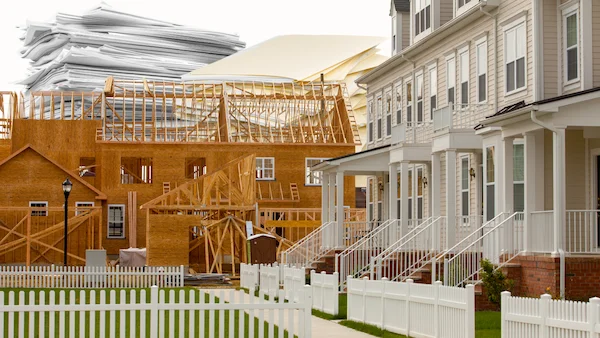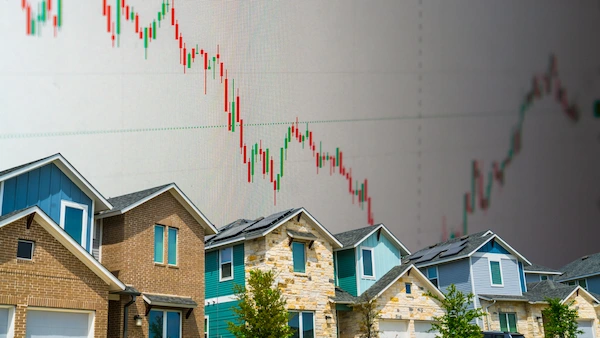Every community has them: people with a vision, some local capital, and a desire to shape the place they call home. They’re teachers, contractors, small business owners, or longtime residents who see a vacant lot or neglected building and imagine what it could become.
But most never get started.
Why? Because the struggle begins before the first permit application or walk-through of a property. These local entrepreneurs are would-be incremental developers searching for something even more basic: other people with knowledge.
Some lack connections in the development world or feel they lack credibility when it comes to development. Others are really skilled in design or a trade and want to take a more active role in the type of projects they are working on. There may also be experienced developers with the passion to inspire the next generation. Many are simply waiting for a good excuse to join the conversation.
The challenge isn’t vision or willpower. It’s isolation. Unless these future builders find a way into the network, their projects stay stuck on paper.
Breaking Isolation
South Bend, Indiana, recognized this gap and chose a different investment: not just in buildings, but in people and conversations.
The city partnered with local leaders and groups to host regular meetups, workshops, and peer networks. These weren’t flashy conferences or high-priced seminars. They were simple, recurring gatherings where neighbors could compare notes, share contractors, and ask the “dumb” questions out loud.
That shift from isolation to connection unlocked a wave of new energy in the city.
- Portage Midtown: What started as one home rehab grew into more than 100 properties. By 2031, it’s expected to deliver $15 million in private investment and a 2,300% jump in property tax revenue.
- Build South Bend: A resource hub with pre-approved plans and zoning guidance gave first-timers a clear on-ramp.
- Living Room Meetups: Small developer receptions turned casual conversations into an ecosystem of support. “You know a banker? Great — now we all know a banker.”
South Bend didn’t stop at legalizing incremental development through code and policy reforms or at incentivizing it with grants and tax rebates. South Bend took it further and made incremental development socially contagious.
Why This Works
South Bend’s approach rests on a simple truth: Knowledge compounds when it’s shared.
- A first-timer who learns how to finance a duplex passes that knowledge on.
- A rehabber who discovers a workaround in the code explains it to peers.
- City staff who sit in on these gatherings become familiar faces instead of faceless obstacles.
These small interactions build trust, momentum, and credibility. They turn development from a lonely, high-risk pursuit into a collective movement. All of this was possible with the minimal investment of creating a flyer, reserving a space, and brewing a pot of coffee.
What You Can Do
South Bend’s approach isn’t unique to South Bend. Any city can replicate it. The key is to create excuses for people to connect. Walk into one of South Bend’s small-developer meetups and you’ll find neighbors comparing renovation costs, first-time builders sharing financing tips, and seasoned rehabbers passing along contractor contacts. These aren’t just casual conversations — they’re the foundation of a new development ecosystem.
Making this happen doesn’t require a grand program. It starts with hosting regular meetups that give people a reason to show up and talk shop. It means mixing experience levels so that those just starting out can learn directly from those who’ve done it before. It means keeping the setting informal — coffee shops, living rooms, and community centers work better than official meeting rooms. Above all, it requires a culture of generosity, where knowledge and contacts circulate freely instead of being guarded.
The Bottom Line
If your city wants more small-scale developers, don’t just focus on changing the rules. Invest in the human infrastructure.
When people connect, projects happen. When projects happen, neighborhoods thrive.
South Bend proves that every community already has the raw talent it needs. What’s missing is the connection. Once you unleash those conversations, you unleash the swarm.
This post builds on insights shared in Strong Towns' new housing toolkit "Who Will Build the Housing-Ready City?" The toolkit includes five recommendations for empowering small-scale development, as well as case studies, developer profiles, and key metrics every city should track. Click here to access it for free.




.webp)
.webp)